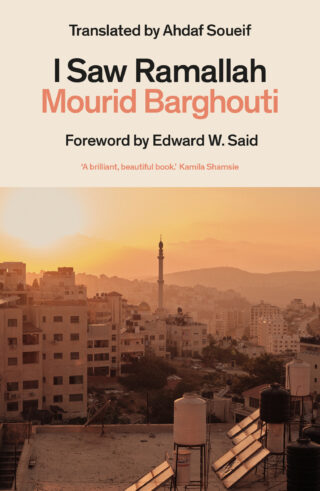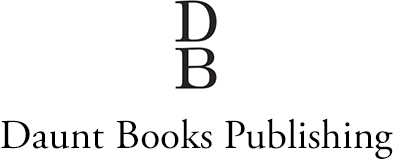
Is there any other country in the world that so perplexes you with its names? Last time I was clear and things were clear. Now I am ambiguous and vague. Everything is ambiguous and vague.
A fierce and moving memoir on returning to Palestine, the meaning of exile and homeland, and the habitual place and status of a person, from Palestinian poet Mourid Barghouti.
Barred from his homeland after 1967’s Six-Day War, Barghouti spent thirty years in exile – shuttling among the world’s cities, yet secure in none of them; separated from his family for years at a time; never certain whether he was a visitor, a refugee, a citizen, or a guest.
As he returns home for the first time since the Israeli occupation, Barghouti crosses a wooden bridge over the Jordan River into Ramallah and is unable to recognize the city of his youth. Sifting through memories of the old Palestine as they come up against what he now encounters in this mere ‘idea of Palestine’, he discovers how the joy of return and reunion is accompanied by a feeling of insurmountable loss. A tour de force of memory and reflection, lamentation and resilience, I Saw Ramallah is a deeply humane book, essential to any balanced understanding of today’s Middle East, and a lamentation on the conditions of exile.
‘Intensely lyrical. Much of this beautifully written and evocative book is a lamentation on the conditions of exile.’ Guardian
‘Barghouti manages to be temperate, fair-minded, resilient and uniquely sad. This is an impressive addition to the literature of exile.’ Independent
‘Moving and thoughtful … compelling Barghouti s description of his return to Ramallah is impassioned.’ Metro
‘Barghouti’s account is controlled, reflective, factual, unemotional, eloquent . . . It has been superbly and sensitively translated.’ Times Literary Supplement

